Fraud is the Number One Crime in Money Laundering
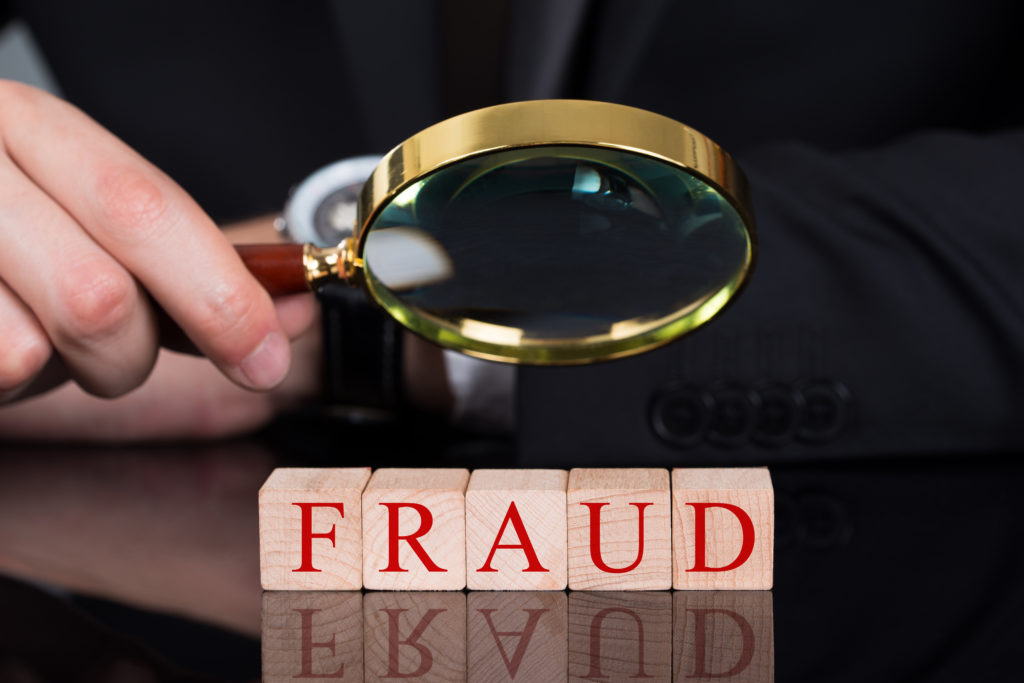
On February 2024, the U.S. Treasury released the 2024 National Money Laundering Risk Assessment (NMLRA) which examines the current money laundering environment and identifies the ways in which criminals and other actors seek to launder funds. The Assessment aims to: inform the understanding of illicit finance risk by governmental and private sector actors, strengthen risk […]
Occupational Fraud is the Most Common Financial Crime
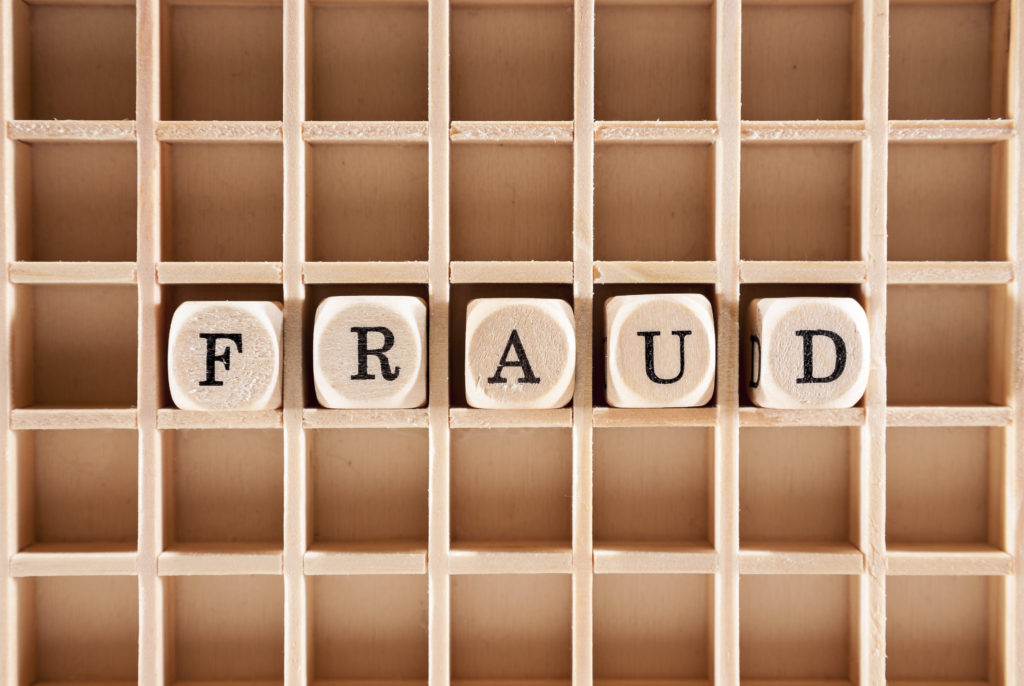
“Occupational Fraud is very likely the costliest and most common form of financial crime in the world” as per the 2022 Report to the Nations issued by the Association of Certified Fraud Examiners (ACFE) – the world’s largest anti-fraud organization. The Report states that “even with the shift toward digital payments, remote work environments, and […]
What To Do If The IRS Wants to Audit You
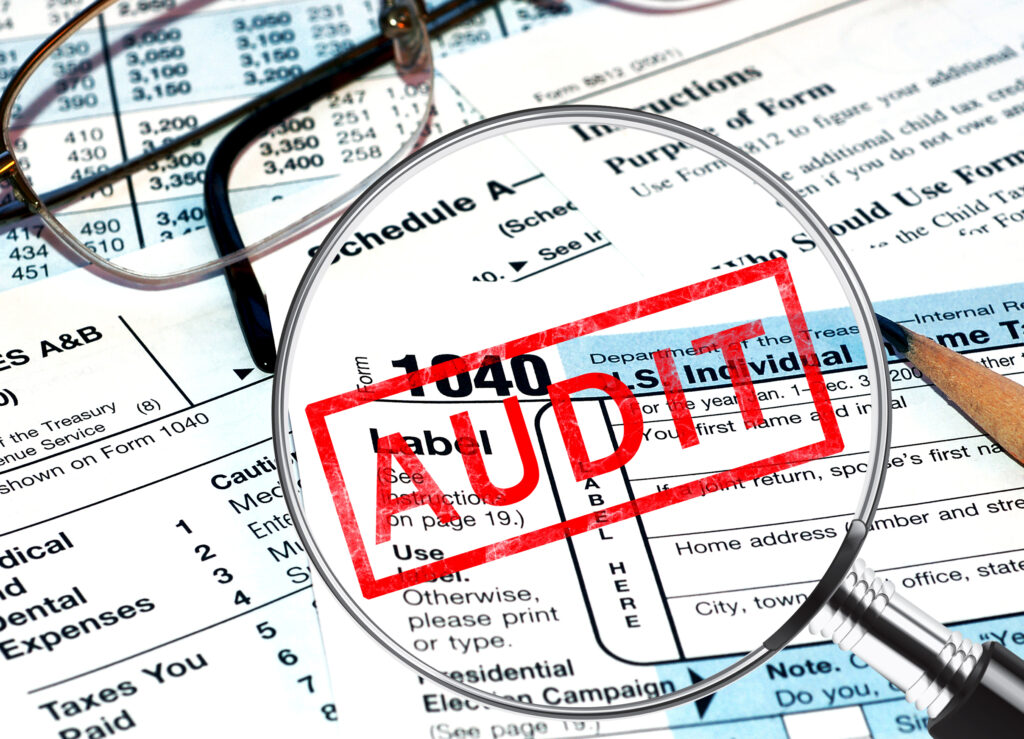
Rule #1: Don’t Panic! Under the Biden Administration’s proposed American Families Tax Plan, there is the possibility of more tax audits, but only for a certain groups of high income people. That’s because more information would be reported to the IRS. The proposed Biden Plan could increase that substantially because the IRS would be receiving […]
How a Forensic Accountant Can Help Attorneys in Tax Fraud Cases

The IRS recently added new categories of tax fraud In its recently updated Fraud Handbook, the IRS adds new categories of tax fraud, including concealing domestic or foreign bank accounts and digital assets such as virtual currency. And they are anxious to prosecute. The level of detail in the Fraud Handbook provides a roadmap for […]
How is your Organization’s Performance with Respect to Fraud?

US Regulations including the Foreign Corrupt Practices Act (FCPA), Sarbanes-Oxley Act and Anti-Bribery legislation require that Management in a business have a zero tolerance for fraud and have an Audit Committee in place that will establish the procedures for receipt of complaints and anonymous employee tips with respect to irregularities in accounting methods, internal controls, […]
IRS Agents Use Methods of Proof

The IRS has tools inside of its Internal Revenue Manual (“IRM”) available to its agents for determining a Taxpayer’s taxable income as well as documenting its adjustments and corrections through what it calls “Methods of Proof”. The IRM describes seven Methods of Proof for use by its agents who are pursuing its civil or criminal […]
A Forensic Accountant digs beneath the surface and finds what is missing
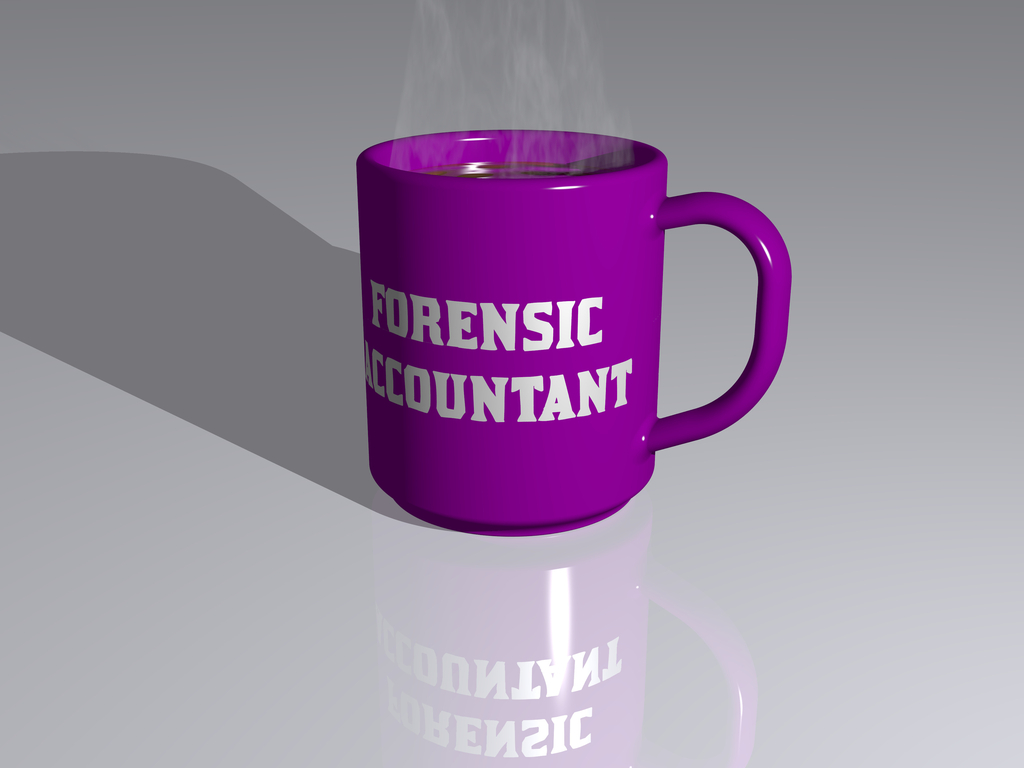
The decision to hire a Forensic Accountant can be a gamble. Not all possess critical characteristics such as being able to see beyond what is immediately in front of them utilizing a panoramic approach. Traditionally, a CPA looks at historical data, and focuses on the” fairness” of financial statement presentations and the preparation of tax […]
Working together, Attorneys and Forensic Accountants Can Bring About Optimal Solutions
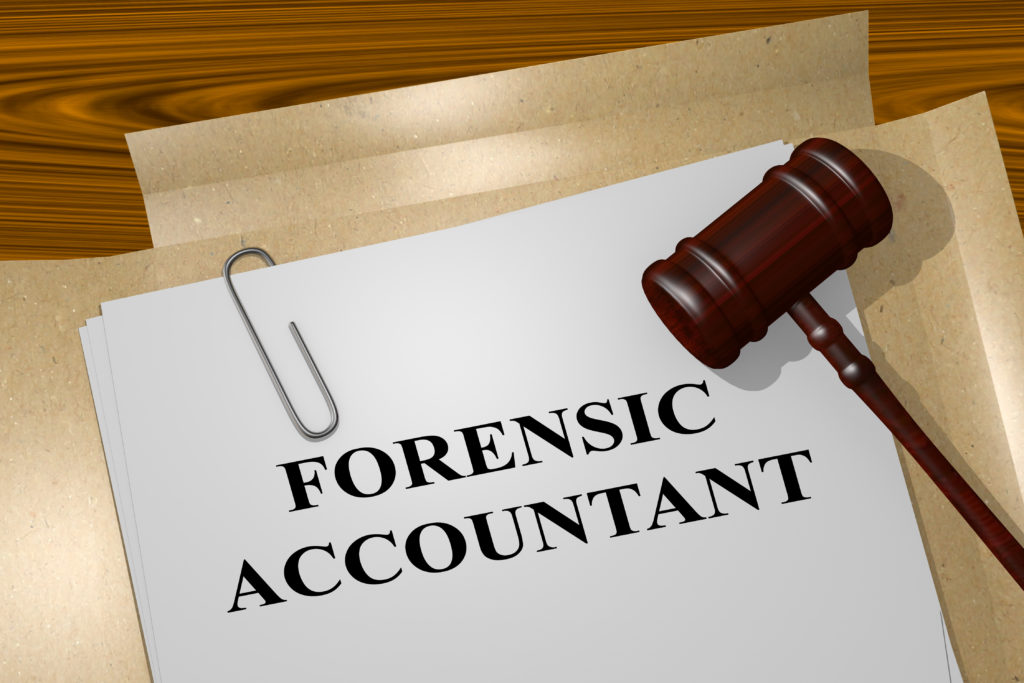
There is a value added for a client when an Attorney is working in tandem with a forensic accountant. Litigation often involves overlapping complex accounting and legal issues. Working together, Attorneys and Forensic Accountants can bring about optimal solutions. Clients that work with one and exclude the other are putting themselves at a greater risk. […]
A Forensic Accountant Bringing the Investigative Component to a Matter at Hand, Can Give an Attorney an Edge

Presenting results in an easily understood manner is something one must expect a forensic accountant to bring to the plate. The skill set of a forensic accountant can provide a significant advantage by taking complex financial data and putting it in an understandable format for an attorney, judge, and jury. When we speak of forensic […]
Forensic Accountants are “Private Detectives”
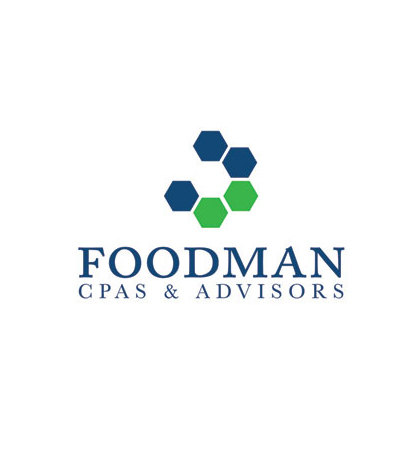
The current environment of increasing change, economic pressures, globalization, technology, corporate governance, compliance and the complexity of financial transactions are driving forces behind fraud initiation. In addition, economic despair, a single unfavorable event, illness, negative cash flows or deteriorating creditworthiness are also drivers for committing fraud; as well as greed, which can lead to fraud, […]

